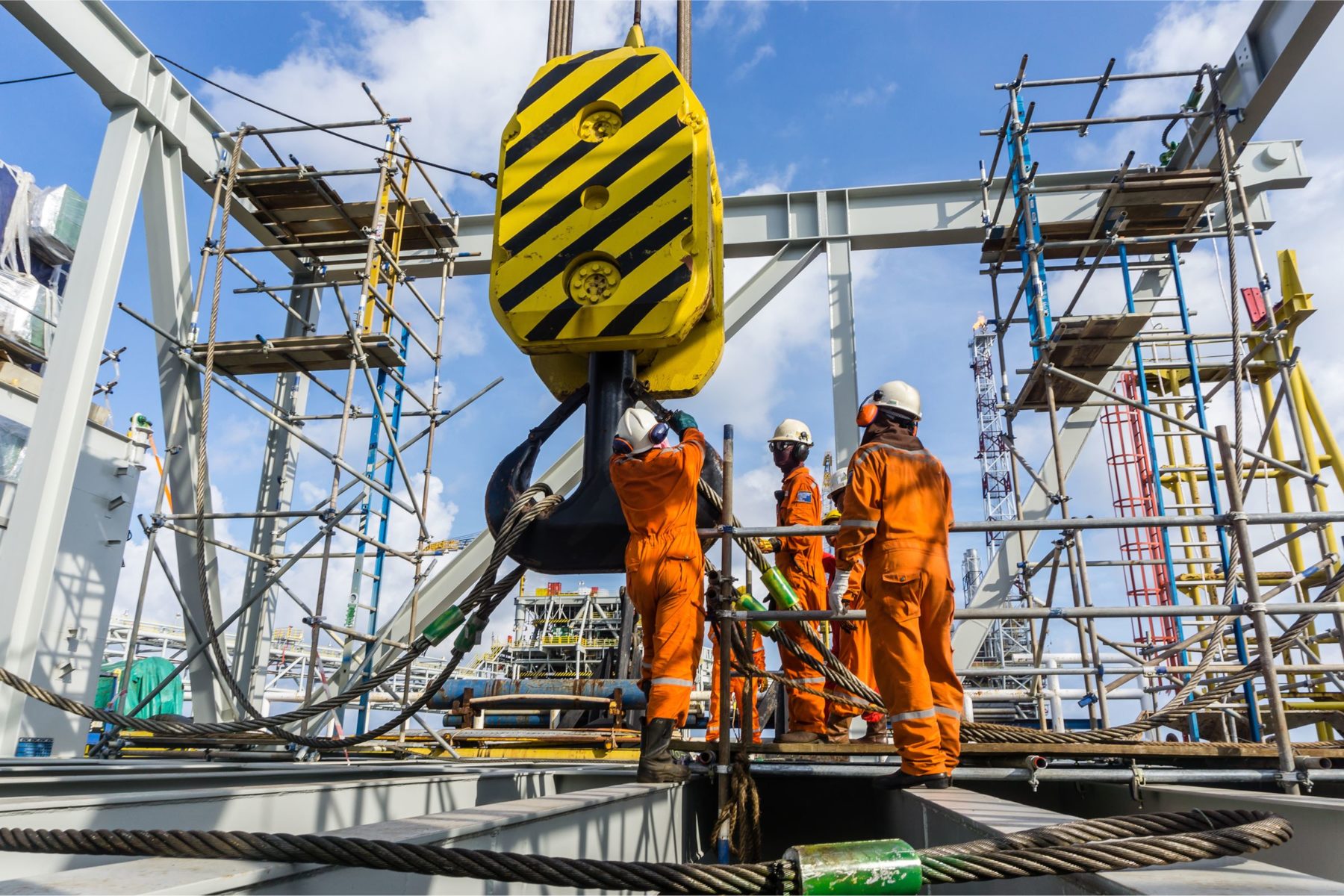
Essential Concrete Safety Tips: Protecting Workers on the Job Site Working with concrete is a fundamental aspect of the construction...
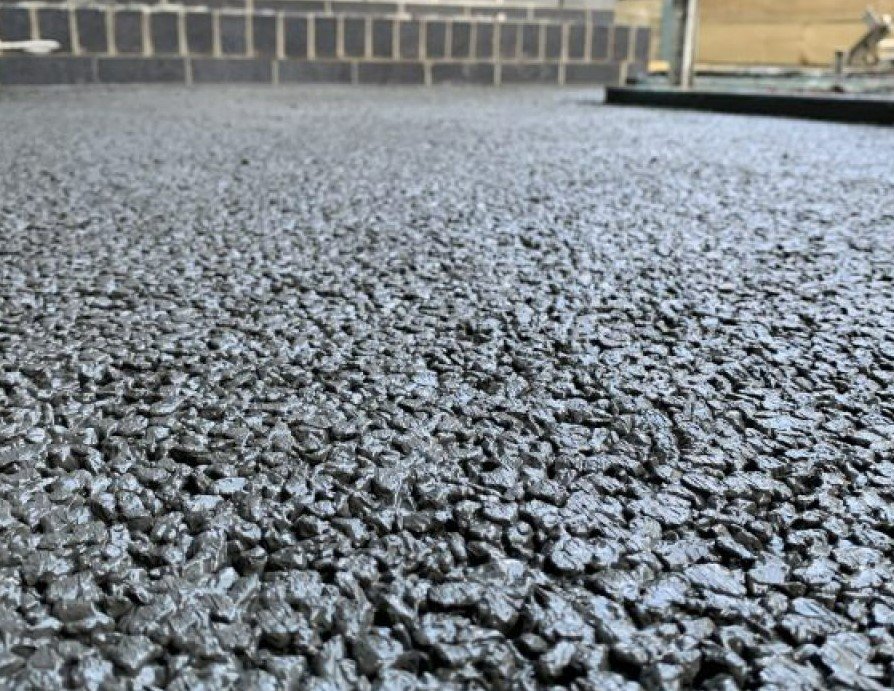
Permeable concrete is an innovative and ecological solution for water management in construction. In this article, we will explore in detail what permeable concrete is, how it works, and what its benefits are for the environment and sustainability.
Permeable concrete is a type of porous pavement that allows water to pass through it instead of accumulating on the surface. It is composed of a mixture of cement, aggregates, and special additives that create pores in the structure, allowing water to filter through to the underlying soil.
When it rains, the water that falls on permeable concrete filters through the pores and is absorbed into the soil below. This helps recharge groundwater aquifers, reduces surface runoff, and prevents soil erosion, thus contributing to more sustainable water management.
The use of permeable concrete offers several significant environmental benefits. It reduces the risk of flooding by allowing water to infiltrate the soil instead of pooling on the surface, and it helps improve water quality by filtering out pollutants and sediments before they reach water bodies.
Permeable concrete is especially useful in urban environments where soil sealing has increased surface runoff and the risk of flooding. By providing a permeable surface, it helps restore the natural balance of the water cycle and reduces the burden on urban drainage systems.
Another benefit of permeable concrete is its ability to reduce the urban heat island effect by absorbing and retaining less heat than conventional pavement. This helps mitigate excessive heating in urban areas and creates cooler and more comfortable environments for residents.
Permeable concrete can be used in a variety of landscaping and urban design applications, including sidewalks, trails, plazas, parking lots, and patios. Its ability to combine functionality with sustainability makes it ideal for sustainable urban development projects.
While permeable concrete requires minimal maintenance compared to conventional pavement, it is important to conduct periodic inspections and cleanings to ensure its proper functioning. This may include debris removal and cleaning of pores to maintain pavement permeability.
Conclusion: Permeable concrete offers an ecological and sustainable solution for water management in construction, helping to reduce the risk of flooding, improve water quality, and mitigate the urban heat island effect. With its numerous environmental benefits and versatility in urban design applications, permeable concrete is gaining popularity as a more sustainable alternative to conventional pavement.

Essential Concrete Safety Tips: Protecting Workers on the Job Site Working with concrete is a fundamental aspect of the construction...
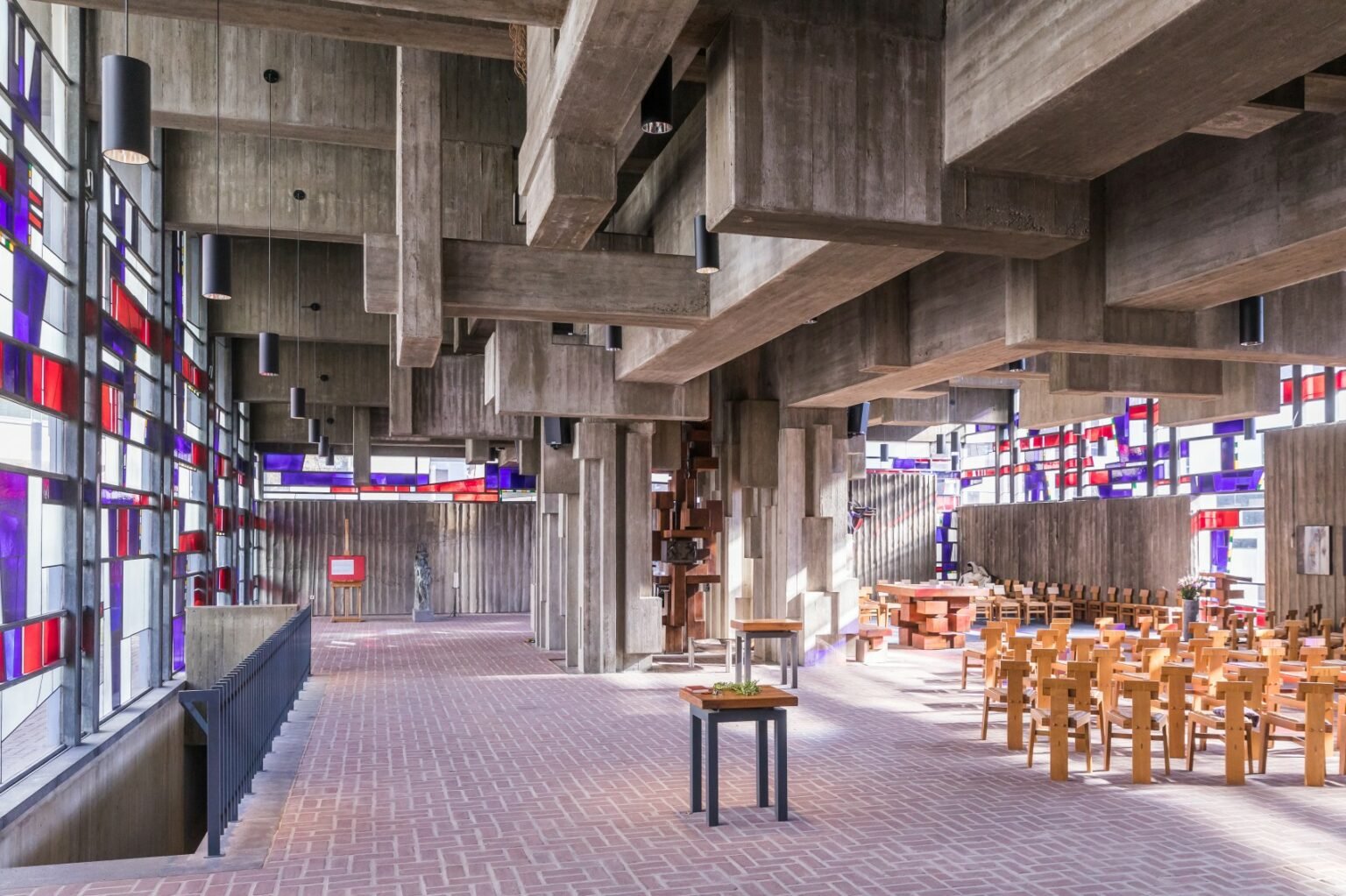
Decorative Concrete: Trends in Modern Finishes for 2025 Concrete is no longer just a construction material — it’s become a...
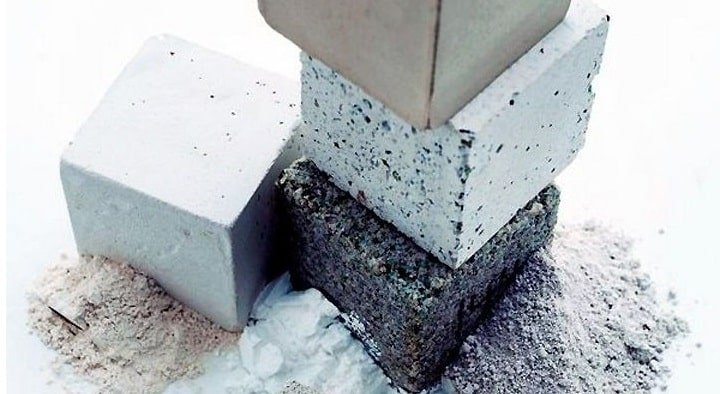
Sustainable Concrete Innovations in 2025: The Future of Eco-Friendly Construction In 2025, the construction industry continues its transformation towards sustainability,...

The Science Behind Concrete Cracking: Causes and Solutions Cracks in concrete are one of the most common issues in construction,...

Top 10 Concrete Myths Debunked: What Every Contractor Should Know Concrete is one of the most widely used construction materials,...
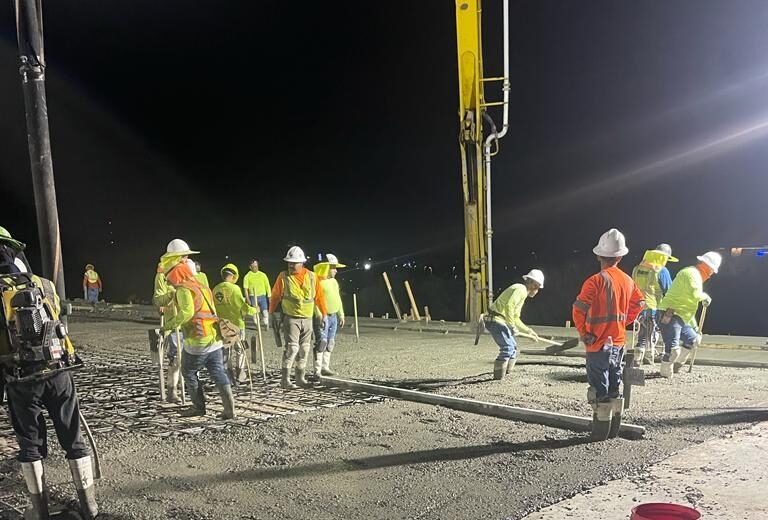
How to Plan Concrete Pouring in Large Construction Projects Pouring concrete in large-scale construction projects requires meticulous planning, logistical coordination,...
© 2023 Created with RGA Concrete Contractors LLC
This website uses cookies to provide you with the best browsing experience.